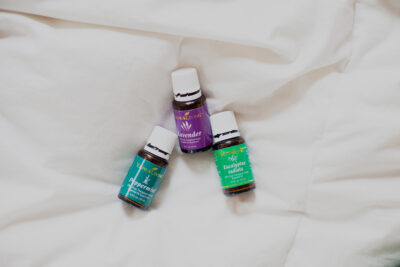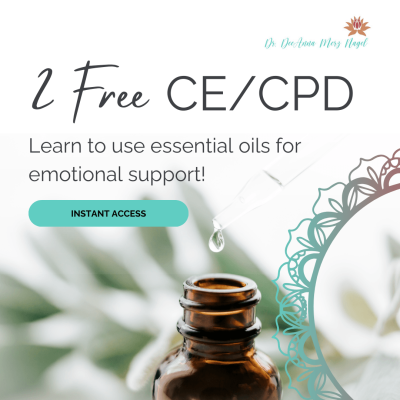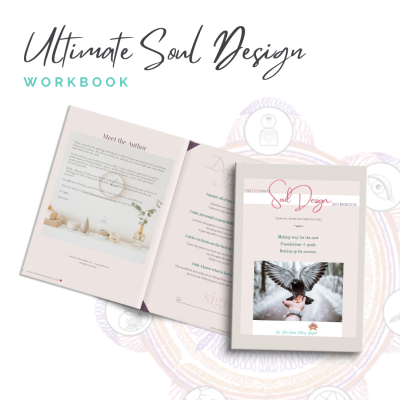
I have blogged a few times about the use of essential oils in psychotherapy practice and I would like to add to the conversation.
I have recently received inquiries from mental health practitioners inquiring about how to add aromatherapy or the use of essential oils to their practice so I want to add a few pointers here.
First, let me be clear that I no longer practice psychotherapy. A few years ago I began the migration from psychotherapist to wellness coach and along the way I found essential oils. One of the reasons I ultimately decided to stop practicing psychotherapy is that I have found the license to practice to be, well, frankly- restrictive of my ability to help people- to be of service. Another reason is that I have simply made the mind shift from working in a pathology and diagnosis-driven profession to working within a profession and that embraces transformation through more holistic approaches to healing. The traditional allopathic medicine and disease model has simply stopped serving me. This has become a personal choice. I still support the mental health profession and I continue to offer online training to mental health professionals across the globe. I just embrace a different perspective on mental health and wellness now. I do reach out to traditional medical professionals as needed. There is a place at the table- even my personal table- but professionally, working within the treatment model is just not what I do anymore.
I use Young Living Essential Oils and I assist others who want to become members and add essential oils to their holistic lifestyle or begin a holistic lifestyle change. And because Young Living is a network marketing business, I receive a “thank you check” when I sponsor new Young Living members. I also support members who decide they want to become a ‘business builder” with Young Living. So of course, I have had mental health professionals approach me about the ethical boundaries and the income possibilities around adding essential oils to their menu of services.
Ethical Concerns
If you are a mental health professional, signing up your client as a member of any network marketing company is unethical.
Here’s why.
We already have ethical codes that address selling directly to clients and even those codes that allow for the sale of merchandise from books you may have written to affiliate links on your website, full disclosure must be made about any benefit you gain from the sale. And at the end of the day, you must assure that no harm has been done to your client. But when you sign a client up as your customer or a team member within a network marketing company that you represent, they are placed “under” you in what is called a downline. You receive commissions from your immediate downline and your downline’s downline and so forth. Said differently, they become part of your immediate and extended network marketing family along with all the props that go with that- social media groups, local meetings, national conventions, training classes and more. The mingling can get a bit muddled.
So if you are a mental health professional seeking an extra stream of revenue with a network marketing company such as Young Living, those efforts need to be completely separate from your therapy practice. You can use essential oils with your clients in therapeutic ways, but if they want to purchase the oils, you must refer out. And even that can get tricky.
Essential Oil Referrals
If you are a therapist, of course I am available to sponsor your membership in Young Living. That’s the easy and obvious part. And where essential oils are concerned, I will keep you on the “straight and narrow” with your ethical boundaries and professional development.
In my opinion, even if you are not selling essential oils to your clients, you should not be solicitous about any particular brand. If your client asks about Young Living, explain why you cannot sponsor their membership. I recommend finding a Leader in Young Living to refer a client to but. only if they ask.
Find someone who is not in your Young Living family tree- not your upline, your downline or your crossline. In that way there is no monetary benefit to you for making the referral. In fact, choose a Diamond leader or above that you don’t even know.
You may have heard that you can simply send your client directly to the Young Living website where they can become a member and be assigned a sponsor. You can do that, but they may still end up in your Young Living family or even directly in your downline.
So if you want to keep the boundaries clean you can make a referral to a person that will offer amazing essential oils support and not pose a conflict of interest. Of course, I recommend you explain to your client or former client why you are doing so.
Related Posts of Interest
I am offering additional links here that may be of interest:
Is growing a therapy or coaching business with affiliate/MLM sales opportunities ethical?
Aromatherapy as an Intervention in Psychotherapy Practice
The Ethical Use Of Essential Oils In Private Practice
PODCAST: The Ethics of Using Essential oils in Clinical Practice with DeeAnna Nagel
Consider taking my 6-hour course, approved for CE for most mental health professionals!





